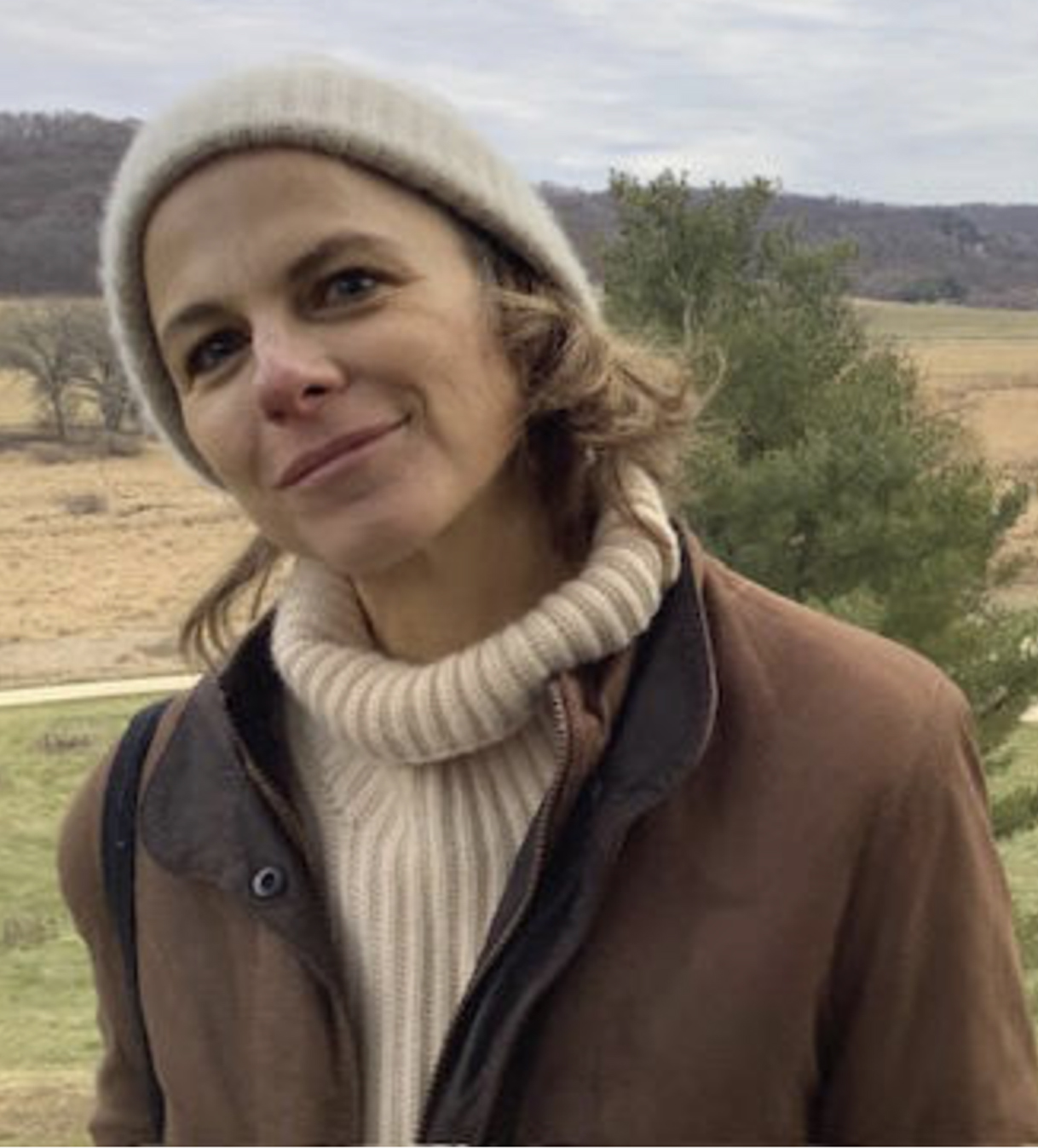Ecotheories Colloquium: “Black Star: Charles Hérard-Dumesle’s Haitian Naturalism”
Monique Allewaert, associate professor of English at the University of Wisconsin-Madison, will present “Black Star: Charles Hérard-Dumesle’s Haitian Naturalism.”
Allewaert works at the intersections of 18th and 19th-century hemispheric American colonialisms, the environmental humanities, literary and cultural studies, and science studies. In Ariel’s Ecology, Allewaert explored how 18th and 19th-century Afro-diasporic persons’ experiences of the body shaped art, personhood, and political life. Currently, Allewaert is completing a book called “Luminescence” that follows insect avatars through 18th-century Caribbean natural history, story, riddles, song, and poetry to elaborate decolonial natures, knowledges, and aesthetics. The book shows that the constant, often insensible touch of insects as well as the tropical climate that they amplified informed a situated knowledge inspired by insects’ navigation of their environments. Allewaert’s work has appeared in a range of journals and edited collections.
Register at https://forms.gle/jz1x6DVGQgNym5cSA
The Ecotheories Colloquium gathers scholars from across the environmental humanities to ask: what ecotheories become possible if poiesis (or environment-building) rather than representation guides analysis? How do we de-metaphorize and re-materialize terms like ecology and ecosystem within the context of literary studies? And how might ecotheories help construct a decolonial ethics and politics for our contemporary moment?
- This event has passed.
Ecotheories Colloquium: “Black Star: Charles Hérard-Dumesle’s Haitian Naturalism”
Wed, Mar 20, 2024 ・ 4:30 PM - 6:00 PM
East Pyne, Room 111


Monique Allewaert, associate professor of English at the University of Wisconsin-Madison, will present “Black Star: Charles Hérard-Dumesle’s Haitian Naturalism.”
Allewaert works at the intersections of 18th and 19th-century hemispheric American colonialisms, the environmental humanities, literary and cultural studies, and science studies. In Ariel’s Ecology, Allewaert explored how 18th and 19th-century Afro-diasporic persons’ experiences of the body shaped art, personhood, and political life. Currently, Allewaert is completing a book called “Luminescence” that follows insect avatars through 18th-century Caribbean natural history, story, riddles, song, and poetry to elaborate decolonial natures, knowledges, and aesthetics. The book shows that the constant, often insensible touch of insects as well as the tropical climate that they amplified informed a situated knowledge inspired by insects’ navigation of their environments. Allewaert’s work has appeared in a range of journals and edited collections.
Register at https://forms.gle/jz1x6DVGQgNym5cSA
The Ecotheories Colloquium gathers scholars from across the environmental humanities to ask: what ecotheories become possible if poiesis (or environment-building) rather than representation guides analysis? How do we de-metaphorize and re-materialize terms like ecology and ecosystem within the context of literary studies? And how might ecotheories help construct a decolonial ethics and politics for our contemporary moment?







